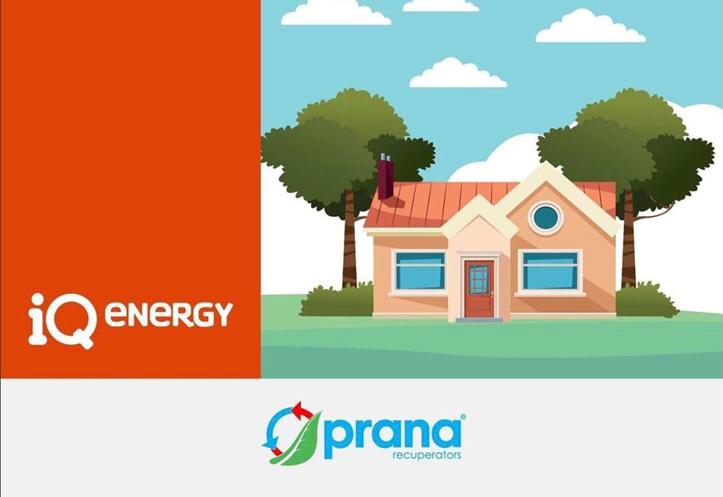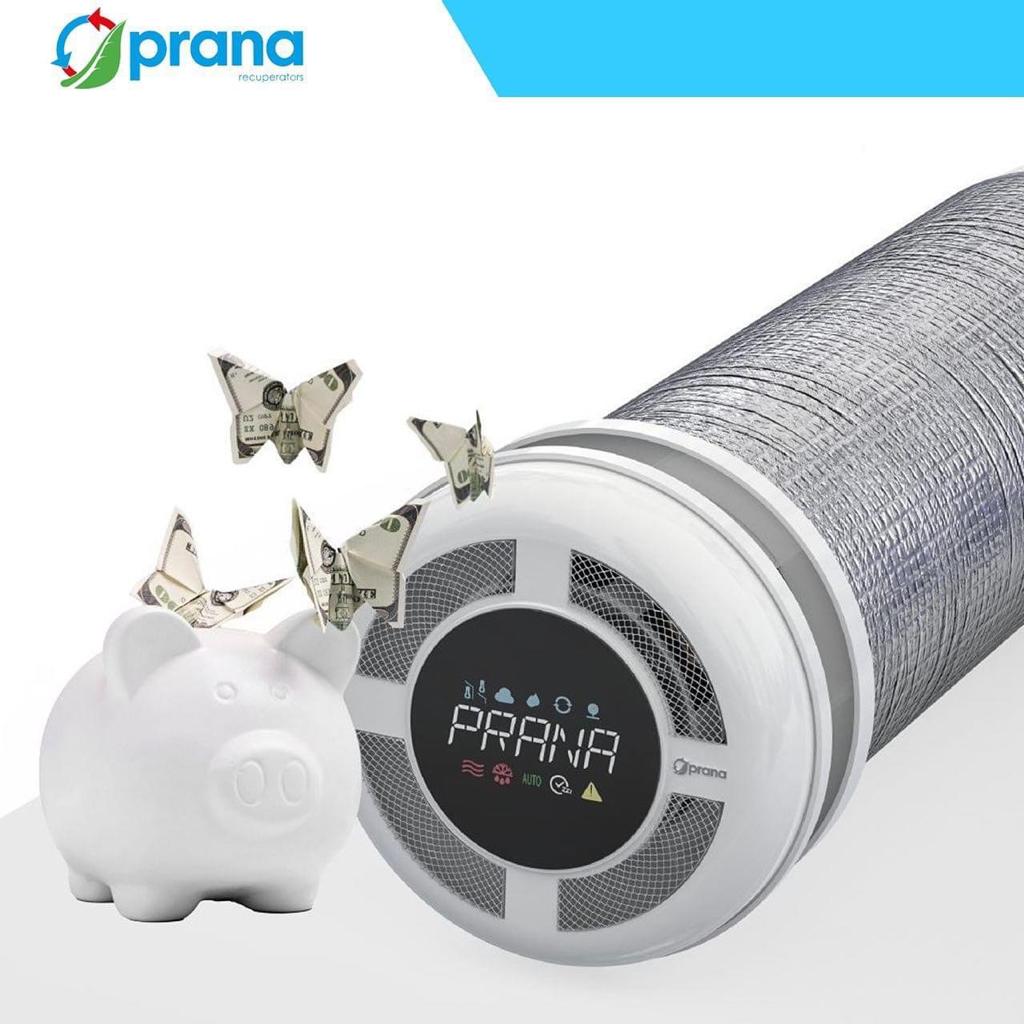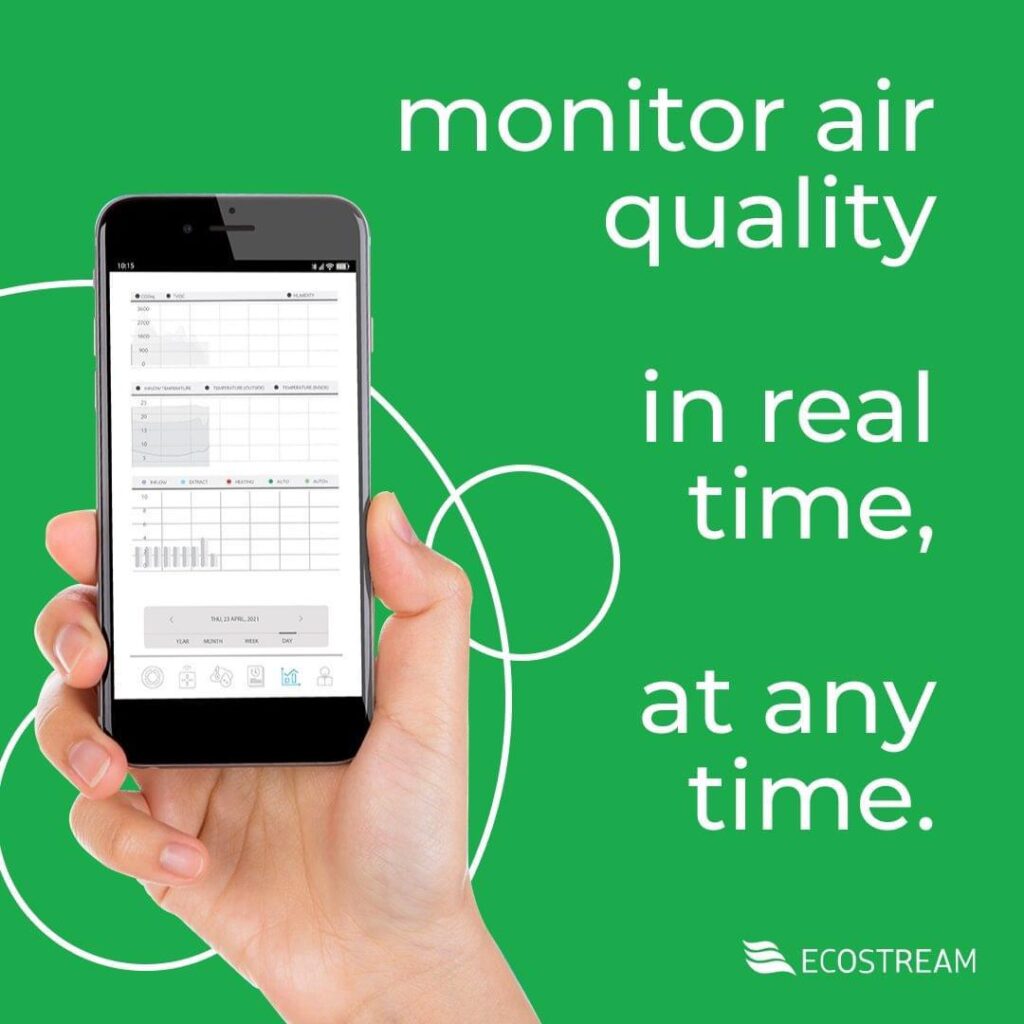The transition to renewable energy has become a trend in recent years. This trend is set to continue in 2024. More and more households in the UK will choose solar panels to meet their home energy needs. However, it is important to do the maths and understand how much you can save on your electricity bills before you install them.
How Much Can Solar Panel System Save You?
Installing a solar pv system can yield substantial savings on your electricity bills over the system’s lifetime. The amount you can save depends on various factors, including the size and efficiency of your solar panels, your electricity consumption, local electricity rates, available incentives, and the amount of sunlight your location receives.
Calculating Potential Savings
- System Size and Efficiency. The size and efficiency of your solar panel system determine how much electricity it can generate. Larger systems with higher efficiency panels can produce more electricity, leading to greater potential savings.
- Electricity Consumption. Your current electricity consumption plays a significant role in determining your potential savings. A higher electricity usage means more energy generated by your solar panels, resulting in greater savings on your electricity bills.
- Local Electricity Rates. The cost of electricity in your area directly impacts your potential savings. Higher electricity rates mean greater savings from generating your electricity through solar panels.
- Solar Panel Performance. Solar panels perform best under optimal conditions, such as clear sunny days with minimal shading. The performance of your solar panel system can affect the amount of electricity generated and, consequently, your potential savings.
- Incentives and Rebates. Government incentives, such as tax credits, rebates, and feed-in tariffs, can further reduce the cost of your solar panel system and increase your overall savings.
Example Calculation
Let’s consider an example to illustrate potential savings:
- System Size. A 4kW solar panel system, which is typical for an average-sized UK home.
- Electricity Consumption. Assuming an average household electricity consumption of 3,600 kWh per year.
- Local Electricity Rates. Average electricity rates of £0.14 per kWh.
- Solar Panel Performance. Assuming the solar panel system generates 4,000 kWh of electricity per year, accounting for factors such as shading and system efficiency.
Step 1: Calculate the annual electricity savings from solar panels:
Annual electricity generation = 4,000 kWh Annual electricity cost without solar panels = 3,600 kWh/year × £0.14/kWh = £504/year
Annual electricity cost with solar panels = £0 (generation from solar panels) + 3,600 kWh/year × £0.14/kWh = £504/year
Step 2: Calculate the annual savings on energy bills from solar panels:
Annual savings = Annual electricity cost without solar panels – Annual electricity cost with solar panels = £504/year – £0/year = £504/year
Step 3: Calculate the payback period for the solar panel system:
Payback period = Total cost of solar panel system ÷ Annual savings
Assuming the total cost of the solar panel system is £6,000:
Payback period = £6,000 ÷ £504/year ≈ 11.9 years




















